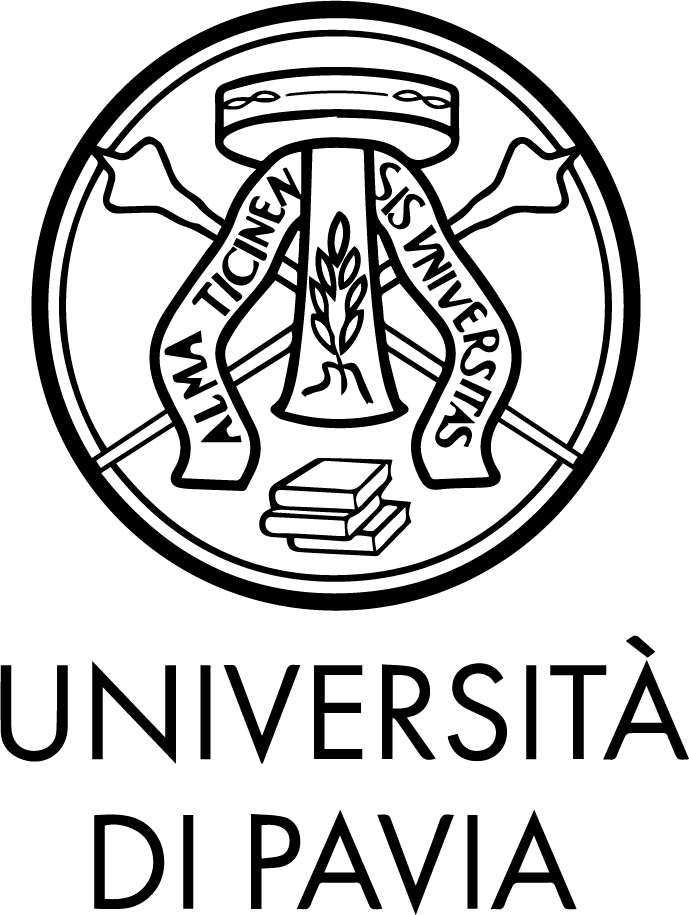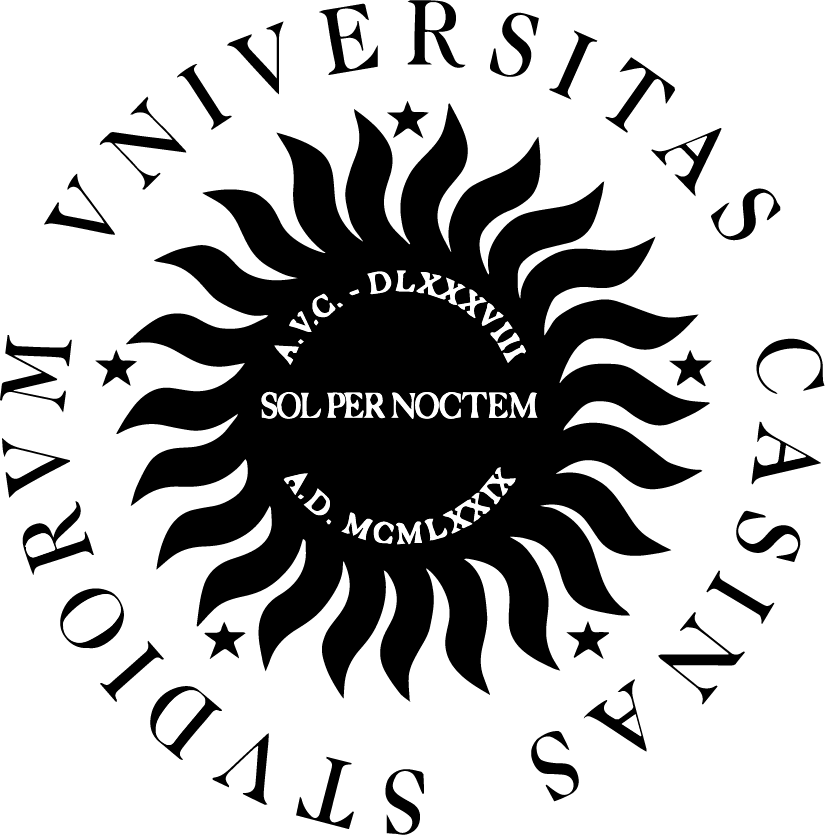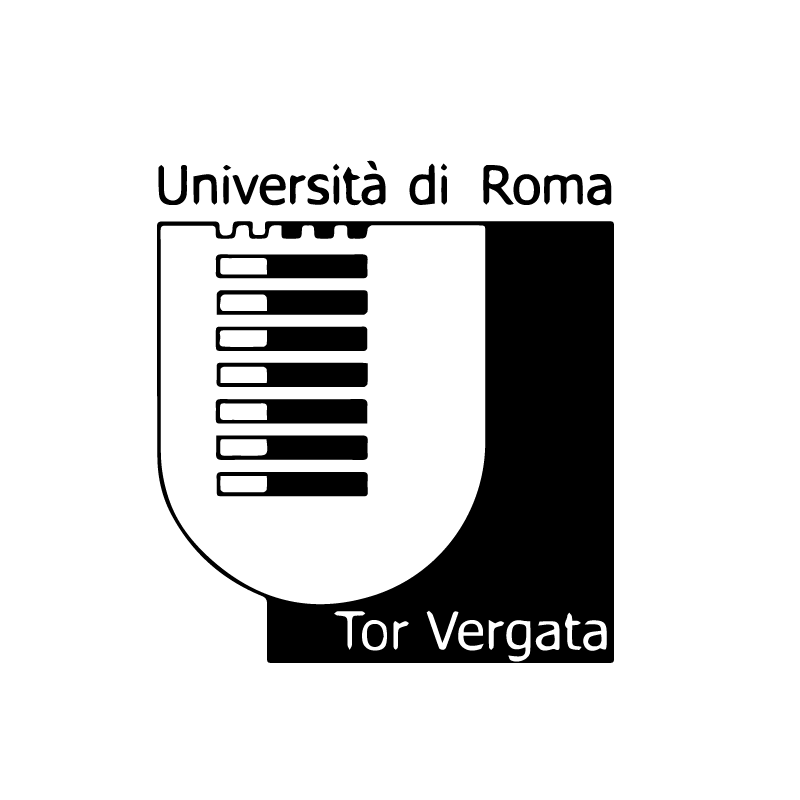Our Partners
The Institutions collaborating at the ImproComp Project





This workshop invites experienced actors, singers, and dancers specializing in theatrical improvisation to explore the intersection of music, theater, and dance.
This workshop, which will take place in Rome, invites experienced actors, singers, and dancers specializing in theatrical improvisation to explore the intersection of music, theater, and dance
Morning Sessions:
Engage in discussions led by distinguished scholars from various fields of the performing arts, including Sonia Bellavia, Gianmario Borio, Francesca Falcone, Leonardo Mancini, and Franco Perrelli. These conversations will delve into the convergence of rhythm, movement, and expression across different art forms.
Afternoon Sessions:
Transition from theory to practice under the guidance of esteemed practitioners Ewa Benesz, Cathy Marchand, and Julia Varley, known for their work with Grotowski’s Theatre Workshop, the Living Theatre, and Odin Teatret, respectively. Participants will actively engage in improvisational exercises designed to revolutionize their understanding of corporeality, spatial interaction, and audience dynamics.
This unique workshop offers an immersive experience in which the interplay between scholarly insights and hands-on practice deepens the participant’s mastery of improvisational performance.
Sonia Bellavia
teaches Discipline dello Spettacolo at the Department of Humanities and Modern Cultures at the University of Rome “Sapienza”. She specializes in German and Italian theater between the 19th and 20th centuries, with a particular focus on actors and acting. Her latest monographs include Max Reinhardt 2021) and Vienna e la Duse, 1892-1909 (2017). Her research papers are dedicated to topics such as the influence of Ibsenian dramaturgy in the Viennese theatrical context, as well as the figures of Hermann Bahr and Frank Wedekind. For the Carocci publishing house (Rome 2024), she edited the volume Intorno a Salome. Arti performative e letteratura in Europa (1850-1950).
Ewa Benesz
Polish performer and researcher, lives in Italy and Poland. She holds a degree in Literature from the University of Lublin (1966) and a diploma in Drama from Warsaw (1971). She has worked with the Instytut Aktora-Teatr Laboratorium, directed by Jerzy Grotowski, in Poland (1966-68; 1976; 1981-84).
In 1970, he founded the Puławy Theatre Studio (Puławskie Studio Teatralne) with three colleagues from the Warsaw School of Dramatic Art. From 1975 to 1976, he taught “Theory of Culture and History of Contemporary Theater” at the University of Lublin. From 1982 to 1996, he collaborated with Rena Mirecka, founding actress of Teatr Laboratorium, in the production of the following paratheatrical projects: Be Here Now… Towards, The Way to the Centre, Now It’s the Flight. These paratheatrical gatherings take place in Europe, the United States of America and Israel. In 1993, he founded Casa Laboratorio (Casa Blanca) with Mirecka in the province of Cagliari, Sardinia.
Since 1997 she has been conducting paratheatrical experiences, including: Essere verso l’origine, Le pratiche originarie dell’attore, Nell’atto del creare e Le pratiche vocali. His workshops are held in Italy, France, Belgium, Spain, Germany, Poland and Peru. Since 2001, he has collaborated with the Suor Orsola Benincasa University of Naples; from 2003 to 2006, with the University of Catania; and from 2005 to 2006, with Ca’ Foscari in Venice.
She Participates in the project Meetings with Remarkable Women: You Are Someone’s Daughter, co-produced by British Columbia University in Okanagan, Canada, and the Grotowski Institute in Wroclaw, Poland. The project is led by Virginie Magnat, who devotes a portrait to her in the book Grotowski, Women and Contemporary Performance, published by Routledge in 2013.
Recent publications: La sacra canoa; Teatro e parateatro come pratiche educativ; Konteksty (quarterly of the Art Institute of the Polish Academy of Sciences in Warsaw).
Gianmario Borio
is professor of Musicology at the University of Pavia and director of the Instituteof Music at the Fondazione Giorgio Cini, Venice. In 1999 he was awarded the Dent Medal by the Royal Musical Association. In 2013 he was Distinguished Visiting Professor at The Italian Academy for Advanced Studies in America. In 2021 he received the “Happy New Ears Prize” for academic publications on new music, endowed by the Hans und Gertrud Zender Stiftung. In 2002-2003 and 2006-2007, Borio was principal investigator of research projects on the history of musical concepts, involving different Italian universities (PRIN). Since 2013 he is member of the Academia Europaea, since 2016 corresponding member of the American Musicological Society, and since 2019 corresponding fellow of the British Academy. He is the director of the book series Musical Cultures of the Twentieth Century (Routledge) and the on line-journal «Archival Notes». His publications deal with several aspects of twentieth-century’s music (theory and aesthetics, political context, audiovisual experience) as well as with the history of musical concepts and the theory of musical form.
Francesca Falcone
has taught dance theory at the National Academy of Dance, coordinated, including for international organizations, conferences and cultural events focused on dance. She has taught Dance Theory at the Biennium of Master Collaborator for Dance at the Conservatorio “Alfredo Casella” in L’Aquila and since 2022 she has been teaching History of Dance at the Ballet School of the Teatro dell’Opera in Rome. An expert in dance notation, she has reconstructed several excerpts from the ballet repertoire of the 19th and 20th centuries and published books on the 19th century. Among her works devoted to modern and contemporary dance is the Italian edition of Vera Maletic, Rudolf Laban. Corpo, spazio espressione (Palermo 2011), To Contact Improvisation he has dedicated the following editions: the Italian edition of C. Novack, Contact improvisation. Storia e tecnica di una danza contemporanea (with P. Veroli, Rome 2018) and Il punto di vista della mela. Storie, politiche e pratiche della Contact Improvisation (with E. Bigé, A. Godfroy, A. Sini, Bologna 2021). She is the author of Tecniche di danza contemporanea. Percorsi di studio tra teorie e pratiche (Rome, 2020) and Il Balletto triadico di Oskar Schlemmer (Rome 2022). She is a founding member of AIRDanza (Italian Association for Dance Research), of which she was president and is currently vice president.
Leonardo Mancini
is a researcher in Disciplines of the Performing Arts at the Department of Humanities, University of Turin. Among his areas of research, he has conducted studies on Italian theater between the nineteenth and twentieth centuries, with a focus on declamation and, more recently, on theatrical anthropology. In addition to journal and volume essays, his recent publications include the monographs Carmelo Bene: fonti della poetica (2020), Luigi Rasi. La declamazione come scienza nuova (2021) and editions of Lucio Ridenti, La vita gaia di Dina Galli (2023) and La Gonzaga. Opera drammatica rappresentante l’origine de Signori Gonzaghi nel dominio di Mantova (2023).
Cathy Marchand
A student of Jean Louis Barrault at the Théâtre d’Orsay began her artistic career at a very young age thanks to an encounter with actor Pierre Clemènti, who led her to Rome to meet Julian Beck and Judith Malina of the Living Theatre: Marchand wanted to be an actress and play Molière and Marivaux, but in the years of the political and utopian effervescence of the time with the Living she managed to find the right key to unite theater and politics. The encounters in the actress’s life are very important: they include Pasolini, Sergio Citti, Gianmaria Volontè, Fellini and Dino Risi, with whom she works. Then the cinematic encounter with musician Franco Battiato, with whom she made two the two films, MusiKanten with Alejandro Jodorowsky and Niente è come sembra (Rien est comme il semble). Upon Julian Beck’s death after a major retrospective in New York in ’84 at the Joyce Théâtre, Marchand returned to Europe and began working en solitarie trying to pass on her Living experiences to younger generations.
Franco Perrelli
is a former Full Professor of Performing Arts (University of Bari, after a long period at University of Turin). He is a specialist in Scandinavian, contemporary theatre and Aesthetics. In 2009, he won the Pirandello Prize with his book I maestri della ricerca teatrale. Il Living, Grotowski, Barba e Brook (Laterza, 2007), and, in 2014, the Strindbergspris of the Swedish Strindbergssӓllskap (https://auguststrindberg.se/strindbergspriset/). Many of his essays are translated abroad. In 2024, he published a Meridiano Mondadori: H. Ibsen, Drammi borghesi and a history of Teatro scandinavo (Carocci).
Julia Varley
was born in London in 1954. Since 1976 Julia has been an actress with Odin Teatret. With Odin Teatret Julia Varley also works as a pedagogue in schools and universities and has synthesized her experience into four demonstrations of work: L’Eco del Silenzio, Il Fratello Morto, Testo – Azione – Relazioni, Il Tappeto Volante. Since 1990 she has participated in the conception and organization of ISTA (International School of Theatrical Anthropology) directed by Eugenio Barba and since 1986 in the conception and organization of the Magdalena Project, a network of women in contemporary theater. She is the artistic director of the International Transit festival, Holstebro, dedicated to issues of interest to women working in theater. Julia Varley has directed several shows in Germany, Argentina, Denmark, Chile and Italy. Julia Varley has written various articles and essays published in journals such as Teatro e Storia, Lapis, Performance Research, New Theatre Quarterly, Conjunto, Teatro XXI, The Mime Journal; she is editor of The Open Page and author of the novel of a character Vento ad Ovest and the book Pietre d’Acqua about her work as an Odin Teatret actress.




